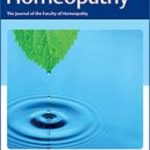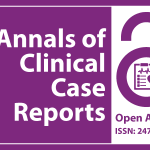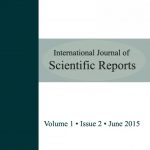Test of a Homeopathic Algorithm for COVID-19: the Importance of a Broad Perspective

Background - Most of the symptoms of coronavirus disease 2019 (COVID-19) are covered by large repertory rubrics and hence many remedies have been proposed as “genus epidemicus”. The aim of this study was to combine the information from various data collections to prepare a COVID-19 Bayesian mini-repertory/an algorithm-based application (app) and test it. Methods - In July 2021, 1,161 COVID-19 cases from 100 practitioners globally were combined. These data were used to calculate “condition-confined” likelihood ratios (LRs) for 59 symptoms of COVID-19. Out of these, 35 symptoms of the 11 medicines that had at least 20 cases each were considered. The information was entered in a spreadsheet (algorithm) to calculate combined LRs of specific combinations of symptoms. The algorithm contained the medicines Arsenicum album, Belladonna, Bryonia alba, Camphora, Gelsemium sempervirens, Hepar sulphuris, Mercurius solubilis, Nux vomica, Phosphorus, Pulsatilla and Rhus toxicodendron. To test concordance, the doctors were then invited to re-enter the symptoms of their cases into this algorithm. Results - The algorithm was re-tested on 358 cases, and concordance was seen in 288 cases. On analysis of the data, bias was noticed in the Merc group, which was therefore excluded from the algorithm. The remaining 10 medicines, representing 81.8% of all cases, were included in the preparation of the next version of the homeopathic mini-repertory and app. Conclusion - The Bayesian mini-repertory and app is based on qualitative clinical experiences of various doctors in COVID-19 and gives indications for specific medicines for common COVID-19 symptoms. It is freely available [English: https://hpra.co.uk/; Spanish: https://hpra.co.uk/es ] for further testing and utilization by the profession.







Lascia un commento
Devi essere connesso per inviare un commento.